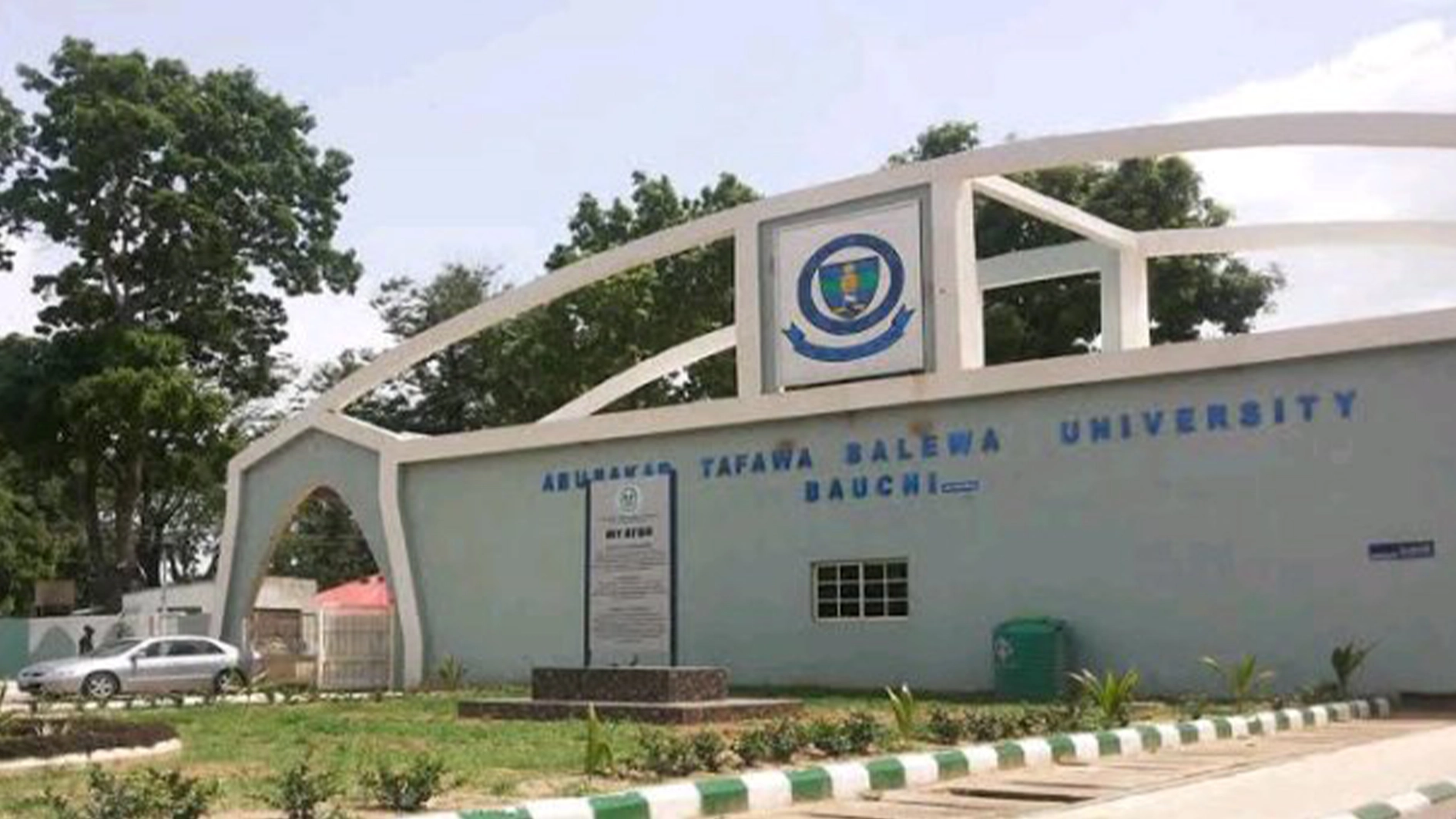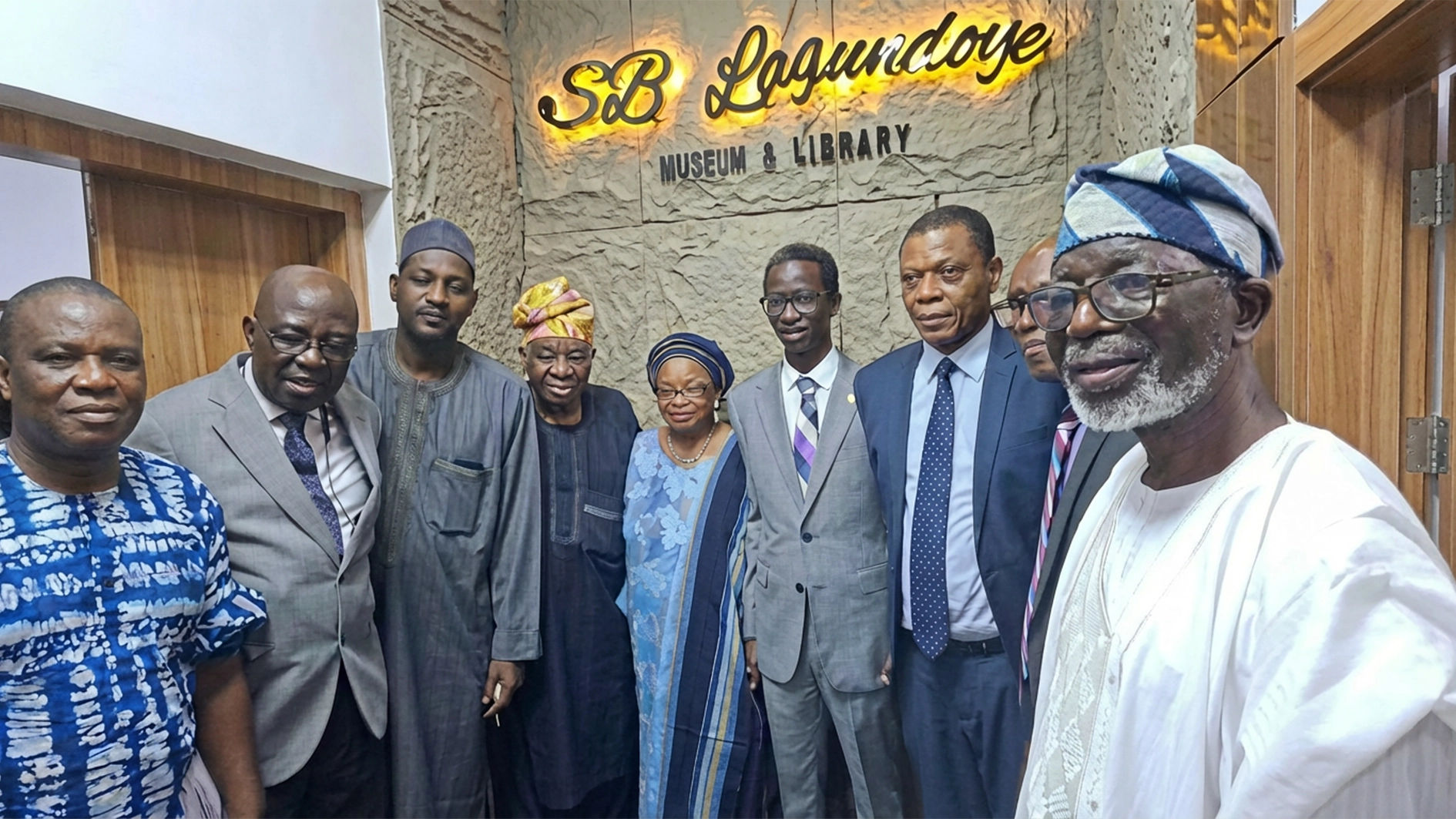
Chairman of the committee, Prof. Faruk Rashid, who disclosed this at a meeting with rectors of polytechnics, provosts of colleges of education and the education minister,lamented poor funding of the colleges, saying the ongoing call for curriculum review in favour of practical skill acquisition, and inclusion of entrepreneurial education was in tandem with the needs of employability in the 21st century, but could not be actualised without funding for the various academic programmes run by the colleges.
The meeting, which was called at the instance of the minister was to engage heads of institutions on salient issues and possible solutions to the various problems confronting them in order to improve their administration.
Rashid noted that the N300 billion would help in putting necessary infrastructure in place for effective teaching and learning.
“We, therefore, call on the Minister of Education to kindly assist in facilitating the release of the revitalisation fund. To actualise these goals, we seek better funding for the various academic programmes run by the colleges.”
Rashid pointed out that well-furnished and functional laboratories are a must for a more pragmatic approach to training students of colleges of education.
He noted that since most colleges lack fully functional and equipped laboratories, effective pedagogy on practical lessons is grossly lacking.
Rashid equally called on the federal government to release the remaining tranches of the NI5 billion NEEDS Assessment/Revitalisation Fund in order to mobilise contractors back to sites.
While appealing for the minister’s intervention in reviving Colleges of Education’s demonstration schools, Rashid lamented that lack of funding has not spared the schools, as many of them have been in comatose since the government stopped funding them.
He said: “Individual colleges currently struggle to pay teachers, which has seriously compromised the standard of teaching in these schools, which were originally designed as pilot schools for their communities, and teaching laboratories for the student-teachers in training, now buckle under the weight of low enrolment and mass exodus of teachers due to lack of proper funding.”
He appealed to Alausa to use his good office to mobilise funding for the demonstration schools, as well as absorb the staff into mainstream civil service.
He recalled that the N15 billion NEEDS Assessment/Revitalisation Fund earlier released by the Federal Government in tranches to tertiary institutions helped the colleges a great deal.
“The earlier releases were stimulants that had motivational ripple effects on the colleges. However, the delay in the payment of the balance has led to schools owing contractors, who in turn have stopped working.”
Already, Rashid lamented that several colleges are facing litigation from disgruntled contractors who have taken them to court, while inflation has overtaken the unfinished contract jobs.
“The need for urgent intervention in rescuing the dilapidating structures and unfinished projects in the colleges cannot be overemphasised,” he said.
The Permanent Secretary of the Ministry of Education, Dr Nasir Sani-Gwarzo, had, in August, last year, written the Accountant General of the Federation and the Minister of Finance last November, requesting for the release of N2.6 billion as second and third tranches of the revitalisation fund.
Responding, the minister enjoined heads of tertiary institutions in the country to explore other sources of generating funds for their various schools
Alausa noted that there was nowhere in the world that government single-handedly funds education, saying alumni associations, endowment, partnerships and research, among others, are veritable revenue generating sources to fund projects in tertiary institutions.






